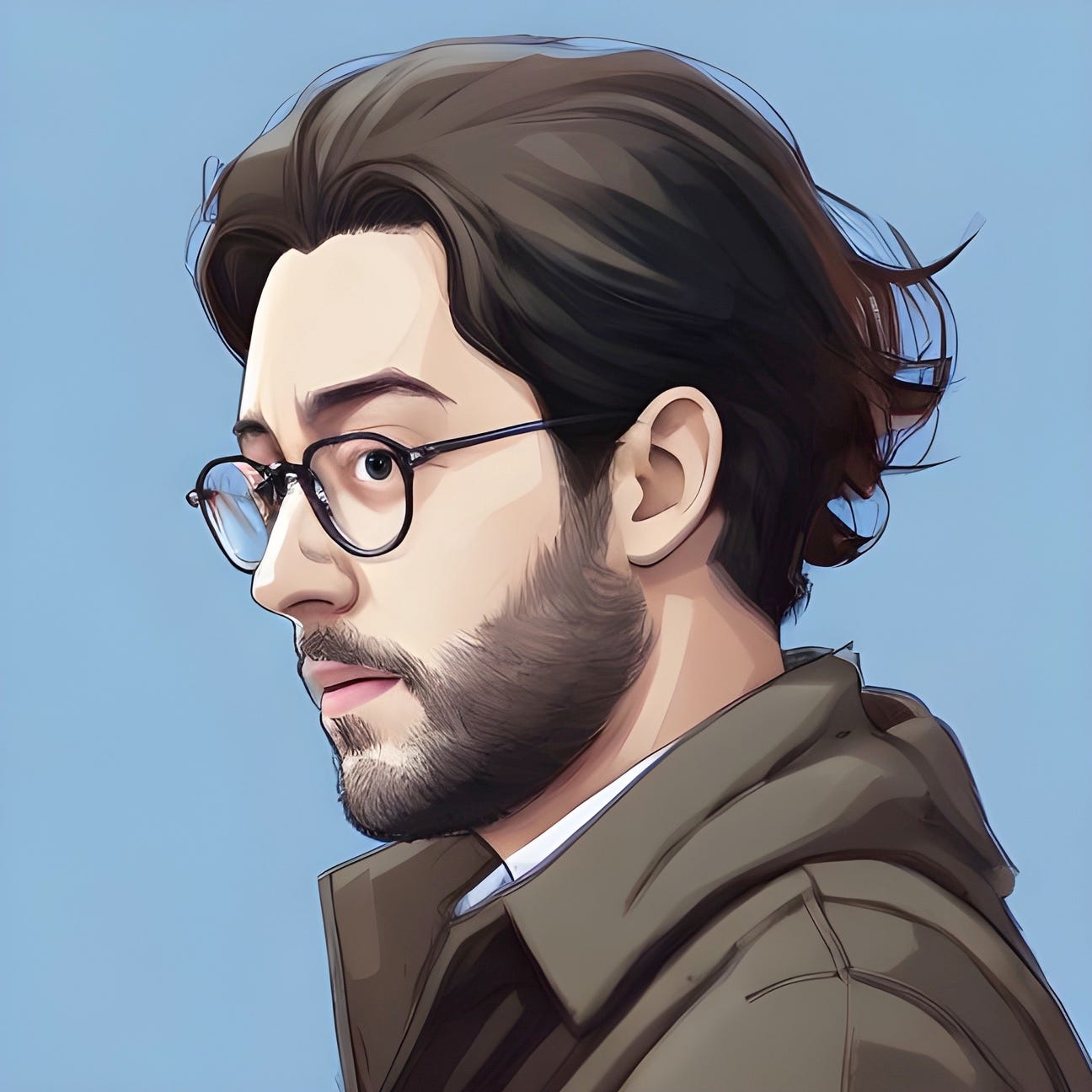This week's Torah portion, Parashat Emor, offers a fascinating lens through which we can explore themes of inclusion, dignity, and the value of every human. While the ancient laws detailed in Leviticus 21:1-24:23 reflect historical attitudes towards physical perfection and ritual purity, they also provide an opportunity for contemporary reflection on disability justice and autism acceptance.
Parashat Emor begins with specific regulations for the Priestly caste, including restrictions on ritual impurity and qualifications for those who serve in the Tabernacle and eventual Temple. These laws prohibit priests from becoming impure through contact with the dead, except for close relatives, and outline strict criteria for physical wholeness among those who perform sacred duties. While these laws might seem exclusionary by modern standards, they can inspire meaningful dialogue about how we can create more inclusive communities today.
It's important to acknowledge that there is an inherent struggle between some of the Torah's ancient teachings and our modern-day values of inclusivity and justice. The Torah, being a product of its time, reflects societal norms that often conflict with contemporary principles of equality and acceptance. Parashat Emor, with its emphasis on physical perfection for priests, is one such example. Another significant example is found in last week's portion, Parashat Kedoshim, which includes prohibitions against same-sex relationships between men (Leviticus 18:22). These passages are often at odds with modern understandings of LGBTQ+ rights and equality. In progressive Jewish thought, there is a strong tradition of reinterpreting ancient texts to align with contemporary values. This approach emphasizes the importance of tikkun olam—repairing the world—which calls us to build a society that values justice, compassion, and inclusion.
Emor's focus on physical perfection for Temple service can remind us of the importance of challenging exclusionary practices in our own time. Disability justice advocates for recognizing and valuing the contributions of all individuals, regardless of physical or neurological differences. The neurodiversity paradigm celebrates autism and other neurological differences as natural variations of human experience. This perspective encourages us to appreciate the unique strengths and perspectives that autistic individuals bring to our communities.
Just as the Torah sets apart certain individuals based on physical criteria, we must critically examine and dismantle barriers that exclude disabled people today. This involves making our synagogues, schools, workplaces, and public spaces accessible to everyone. Practical steps include conducting accessibility audits, providing disability awareness education, and ensuring that communal activities are inclusive and welcoming.
The laws in Emor, while restrictive, also emphasize the significance of each person's role within the community. In our contemporary context, we can extend this principle to ensure that everyone, including those with disabilities, is valued and included. Celebrating neurodiversity means creating opportunities for autistic individuals to share their talents and insights, thus enriching our communal life.
By reinterpreting the teachings of Parashat Emor through the lens of disability justice and autism acceptance, we can promote a more inclusive and compassionate society. This involves recognizing the inherent dignity of every person and committing to practices that ensure equal participation for all.
Regularly assessing and improving the accessibility of communal spaces is crucial. This can be achieved through comprehensive accessibility audits. Providing training on disability awareness and inclusion for community members and leaders is also essential. Additionally, hosting events that highlight the contributions of neurodivergent people fosters a culture of acceptance and inclusion.
Parashat Emor challenges us to reflect on how we can build a more inclusive and just community. By embracing the values of disability justice and autism acceptance, and even taking us beyond that, we honor the spirit of tikkun olam and create a world that truly reflects the divine image in every human. While we must acknowledge that some aspects of the Torah cannot always be read in a positive light through modern lenses, this awareness fuels our commitment to interpret these texts in ways that promote justice and inclusivity.
Matthew is an autistic advocate, educator, coach, guide, and mentor based in Paris who is on a lifelong journey to champion the rights and empowerment of autistic people via a uniquely Jewish lens.
Navigating the world as a disabled AuDHD (Autism-ADHD) person, he learned to appreciate his authentic self amidst societal pressures to conform both within and outside of the Jewish community. Matthew’s education in both academia and the yeshiva world enriched his love for Judaism, while his experiences living, learning, and teaching in diverse communities across the globe, both Jewish and non-Jewish, have enriched his spiritual connection and understanding of both Yiddishkeit and the greater world.
Crucially, Matthew's life's work centers on autism rights, disability rights, and the Neurodiversity movement, and he actively volunteers in these areas in addition to his professional work in and out of the Jewish community. As an experienced educator, life coach, mentor, and guide, he empowers autistic individuals with vitality, resilience, and the tools to navigate the challenges of Autistic Burnout.
With a spiritual dimension drawn from the rich traditions of Judaism and deep respect for other spiritual paths, Matthew integrates these facets into his coaching style. His work with the greater disability community and worldview is heavily influenced and inspired by the Jewish tradition, and in particular by the Kotzker Rebbe, Simcha Bunim of Peshischa, Abraham Joshua Herschel and Reb Zalman. He envisions a world where autistic people not only survive, but flourish, and works daily to achieve it.
Matthew proudly serves as both a member and organizer within self-advocacy organizations, specifically CLE Autistes and the Jewish Autism Network. Within the Jewish Autism Network, he takes on the role of host and moderator of a free discussion and support group, offering autistic individuals in the Jewish community a safe and supportive space to grow and connect.
You can read more about Matthew and his work at theautisticcoach.com or follow him on Twitter, Bluesky, Mastodon, Facebook, or Instagram.




